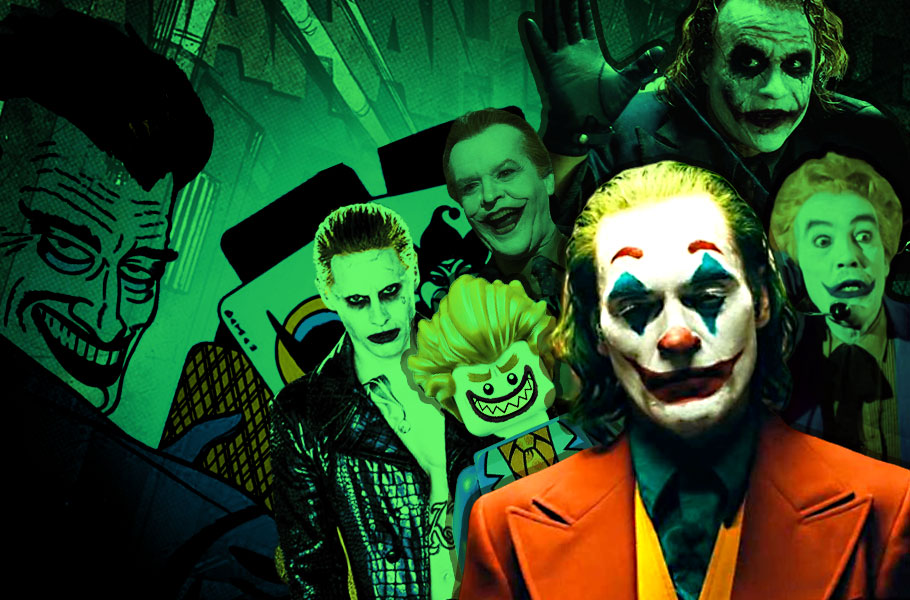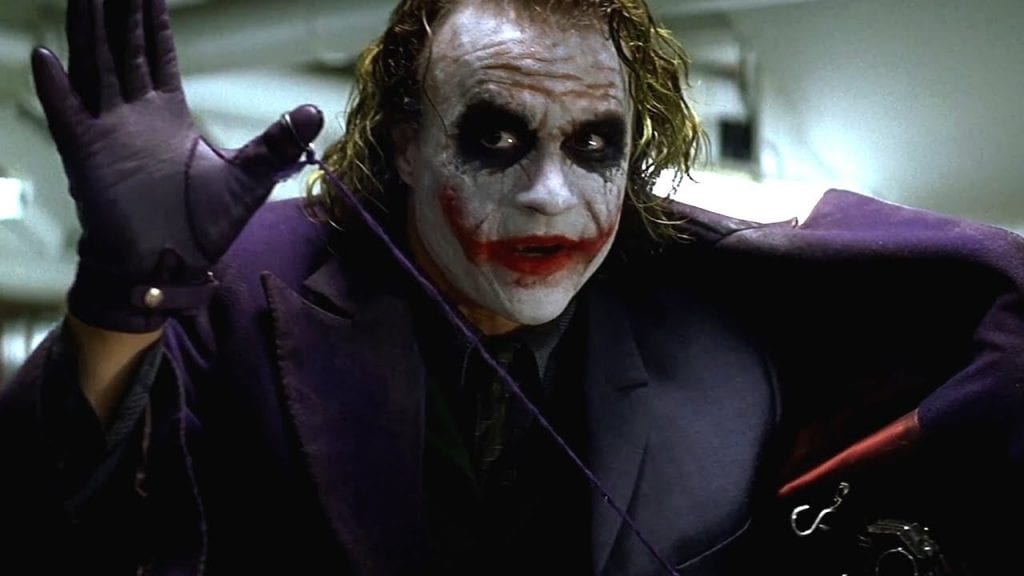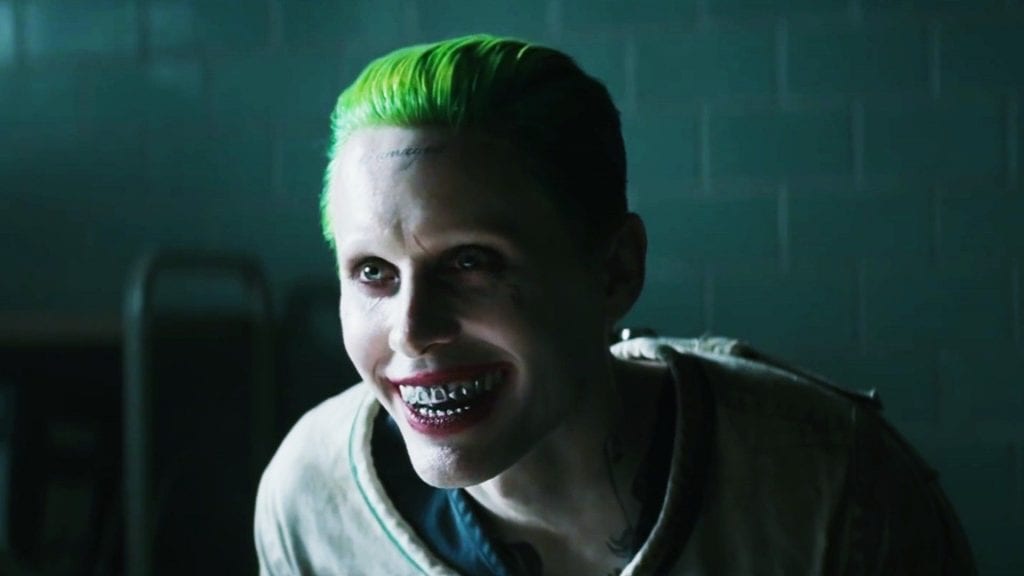
- Home
- India
- World
- Premium
- THE FEDERAL SPECIAL
- Analysis
- States
- Perspective
- Videos
- Sports
- Education
- Entertainment
- Elections
- Features
- Health
- Business
- Series
- In memoriam: Sheikh Mujibur Rahman
- Bishnoi's Men
- NEET TANGLE
- Economy Series
- Earth Day
- Kashmir’s Frozen Turbulence
- India@75
- The legend of Ramjanmabhoomi
- Liberalisation@30
- How to tame a dragon
- Celebrating biodiversity
- Farm Matters
- 50 days of solitude
- Bringing Migrants Home
- Budget 2020
- Jharkhand Votes
- The Federal Investigates
- The Federal Impact
- Vanishing Sand
- Gandhi @ 150
- Andhra Today
- Field report
- Operation Gulmarg
- Pandemic @1 Mn in India
- The Federal Year-End
- The Zero Year
- Science
- Brand studio
- Newsletter
- Elections 2024
- Events
- Home
- IndiaIndia
- World
- Analysis
- StatesStates
- PerspectivePerspective
- VideosVideos
- Sports
- Education
- Entertainment
- ElectionsElections
- Features
- Health
- BusinessBusiness
- Premium
- Loading...
Premium - Events

Joker: Why we love a creepy megalomaniac more than a superhero

We all love a little bit of chaos in the lives we lead and the movies we watch. Why wouldn’t we love the Joker then? He’s everything you shouldn’t be – a megalomaniac, a destroyer of world peace, and a sociopath. He isn’t good at maintaining relationships, and, on top of that, he kills people for fun. While his presence in the comic books — he first appeared in Batman...
We all love a little bit of chaos in the lives we lead and the movies we watch. Why wouldn’t we love the Joker then? He’s everything you shouldn’t be – a megalomaniac, a destroyer of world peace, and a sociopath. He isn’t good at maintaining relationships, and, on top of that, he kills people for fun.
While his presence in the comic books — he first appeared in Batman (1940), published by DC Comics — has gained massive popularity, actors portraying him in live-action movies, too, have reached global celebrityhood. Although Joker exists as the archenemy of Batman, and as the villain who should rather be hated than loved, he’s attained a stature of his own. He’s come a long way from being a supporting character in a story to headlining a motion picture.
The Joaquin Phoenix-starrer, Joker (2019), directed by Todd Phillips, has already wowed critics and audiences at the 76th Venice International Film Festival. It won the prestigious Golden Lion, the festival’s bumper prize, and is running on Indian screens now.
The beginnings
The first Batman film, which was set in the fictional city of Gotham, was released in 1966 (titled Batman the Movie then). It took almost 24 years for the comics to reach the theatres as a full-length feature film. Nevertheless, it did become a benchmark of sorts (don’t remind me of the Superman films, for now). It starts with a message from the producers: “We wish to express our gratitude to the enemies of crime and crusaders against crime throughout the world for their inspirational example. To them, and to the lovers of adventure, lovers of pure escapism, lovers of unadulterated entertainment, lovers of the ridiculous and the bizarre… to funlovers everywhere…. this picture is respectfully dedicated. If we have overlooked any sizable groups of lovers, we apologise.”
Naturally, the makers of the first Batman movie were eager to impress everybody. They didn’t want anybody to feel the pain of watching a mediocre entertainer. The film, by today’s standards, may look silly. But back then, it captured the interest of Americans. Most of the actors were picked from the television series, which was based on Batman’s adventures. In fact, the movie itself was based on the series. And a large section of the principal actors appeared on television first, like Cesar Romero (as Joker), Adam West (as Bruce Wayne/Batman), Burt Ward (as Dick Grayson / Robin), Alan Napier (as Alfred Pennyworth), Neil Hamilton (as Commissioner James Gordon), Burgess Meredith (as The Penguin), and Frank Gorshin (as The Riddler).
Joker, in the 1966 film, had only a few lines and his screen presence was limited to being one amongst the four villains. The gang seemed to be functioning under the leadership of Penguin — Riddler and Catwoman (played by Lee Meriwether) were the other two members. There, Joker was just a person who laughed and made plans to loot various governments. Romero, too, wasn’t trying to scare viewers even though he starred as a notorious villain. His Joker was the kind of guy who’d utter, “A joke a day keeps the gloom away.” You could call him a kid in a candy shop — just that the candies he wanted were mighty expensive.
But two decades later, when Joker came to the big screens via Tim Burton’s Batman (1989), he had no accomplices. He was the boss and the main villain. Jack Nicholson was a lot more scarier and meaner as the Joker. Perhaps, his experience in getting into the skin of a crazy man in Stanley Kubrick’s 1980 horror movie, The Shining, helped him.
This Joker earned the privilege of delivering some meaty dialogues, too. Take a look at this, “I’m only laughing on the outside. My smile is just skin-deep. If you could see inside, I’m really crying. You might join me for a weep.” It’s not a humorous line, for sure. He’s a man who’s hell-bent on wiping away the smiles on the faces of the residents of Gotham. He’s not your regular antagonist who’d like the severed head of the protagonist on a spike; his intentions are, obviously, above those emotions of hatred.
Furthermore, a police report said that he’s highly intelligent, has violent mood swings, and is emotionally unstable. Who can put an end to this kind of menace? Of course, there’s Batman, who always wins, at the end of the day.
Nicholson’s Joker gets a permanent grin after getting disfigured in a chemical-related accident. The guy, who until then was just another mobster, picks up arms to slaughter more than a dozen people in public to take revenge against Gotham city. In films, where there are tensions between the hero and the villain, the latter keeps getting the upper hand till the climax. It’s a classic recipe that has worked since the times of the myths. This version too holds the same idea. Even as Joker rises from the dead — metaphorically — several times, Batman (played by Michael Keaton) gets the better of him.
Jokers in the 21st century
The symbiotic relationship existing in the DC universe is best explained in Chris McKay’s animated feature The Lego Batman Movie (2017). In this film’s closing minutes, as Gotham begins to fall apart due to the atrocities committed by the city’s criminals, Batman (voiced by Will Arnett) asks for help from Joker (voiced by Zach Galifianakis), saying, “You’re the reason why I get up at 4 in the afternoon and pump iron until my chest is positively sick. You’re the reason I’ve given up a life spent with Russian ballerinas and lady activewear models. And if it wasn’t for you, I never would have learned how connected I am with all these people (referring to the friends he’s made). So, if you help me save Gotham, you’ll help me save us.”

Animated films have the audacity to challenge the genre specifics. Hence, the writers and the directors don’t shy away from taking their characters to untrodden territories. The Lego Batman Movie is self-aware and is unafraid of speaking the truth. You won’t hear superheroes — played by actors in flesh and blood — conversing with supervillains in this manner in any live-action film, unless it’s a satire.
If you take Christopher Nolan’s The Dark Knight (2008), for instance, you’ll see a completely different Joker. Heath Ledger won the Academy Award for Best Supporting Actor (posthumously) for putting the white-and-green makeup and playing the baddie with a delicately-crafted evil grin.
Also read: Quentin Tarantino, a master of blood, gore, death and ‘aesthetic violence’
Ledger constantly licks his lips and makes light guttural sounds whenever he makes a grand appearance. His Joker also laughs without giving a pause, but there are quite a few morsels of irreverence too. There’s astuteness in Ledger’s Joker, unlike the way Nicholson plays his character. Even while hanging upside down from a high rise, The Dark Knight’s Joker mocks Batman (played by Christian Bale). He says, “You won’t kill me out of some misplaced sense of self-righteousness, and I won’t kill you because you’re just too much fun.” That’s definitely the mantra of all the superhero movies. And in Nolan’s world, it means that the Joker won’t get murdered by Batman, and vice versa.
In another scene, while conversing with a Gotham character, Ledger’s Joker shares his emotions, “You know what I am? I am a dog chasing cars. I wouldn’t know what to do with one if I caught it. You know? I just do things.” Yes, he just does things, like blowing up a hospital, or burning a humungous sum of money. This fellow’s unmitigated madness is too dangerous!

Then there’s Jared Leto (as Joker) in David Ayer’s Suicide Squad (2016). Leto’s Joker, however, is a one-trick pony who doesn’t fully bite into the fruit of rabid foolishness. He comes across as a gothic villain, and not as the one that Batman should be afraid of.
Anyway, to keep the chains moving, writers (of comics, television series, and motion pictures) will have to reinvent tropes to make the clashes interesting and exciting. There wouldn’t be any excitement if the stories were to get repeated, after all.
